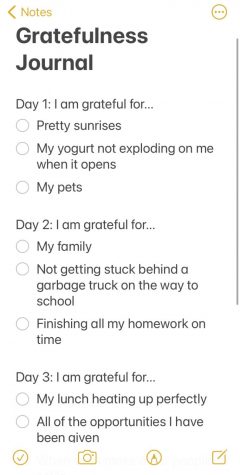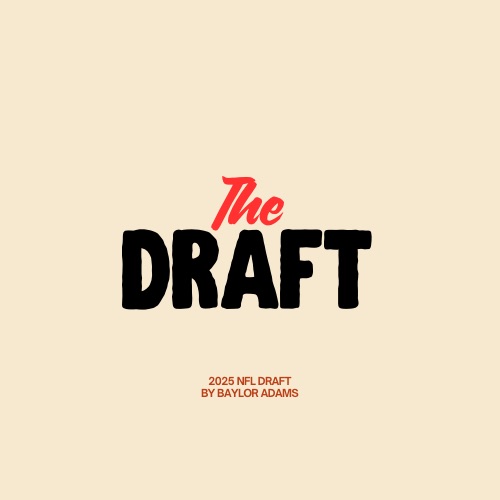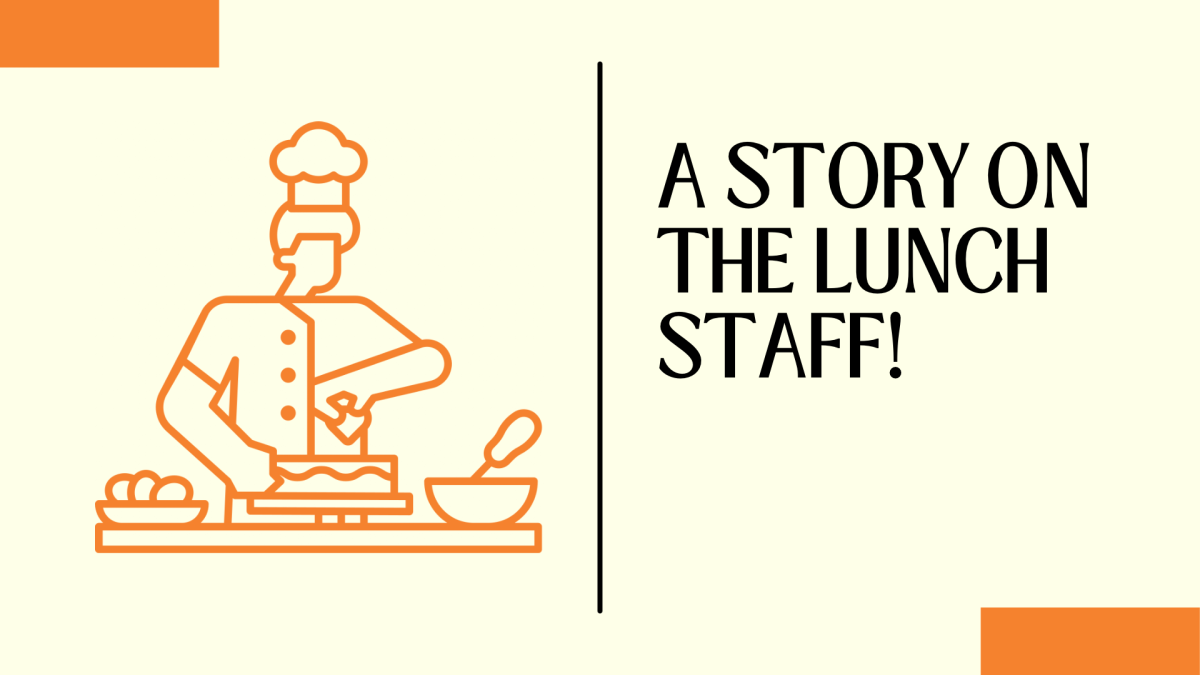21 Days Until a More Positive You
April 22, 2021
Each morning we wake up at the exact same time, go to school, do homework, and then repeat. We live our lives in the same monotonous cycle, sometimes struggling with the search for things to look forward to. How do we break this cycle? Is there a way to ease this search?
Everybody looks at the world from a different lens, choosing to acknowledge different things. Two people could walk into the same exact room, while one notices the warm breeze coming from the window, the other notices the pile of clothes on the floor. The way to break this cycle, the feeling like we live the same day on repeat, is to change the lens.
As the brain takes in new pieces of information, it automatically gets categorized. These can be complex categories like scents or tastes, but they can also be simple, such as likes or dislikes. A bad day can be filled with good depending on what category the brain decides to focus on.
Focusing on what is put into the “likes” category is known as positive psychology. This has nothing to do with the way our brain is wired, but simply how we choose to think. Shawn Achor, a positive psychologist, discovered that there is a simple way for us to adjust the lens.
In his TED Talk, “The Happy Secret to Better Work”, Achor explains that to achieve this mindset “ Write down three new things that [you’re] grateful for 21 days in a row, three new things each day.” At the end of the 21 days, the person will begin to look for the positive first, instead of the negative.

Naturally, I was curious to see if something so simple could be so effective. As I went throughout my day, I would write down things I was thankful for in the notes app of my phone. I made it a point to acknowledge the good.
Sometimes what I was doing felt pointless, I had doubt going into this that it would actually work. I knew I had a lot to be grateful for, what was the point of writing it down?
Most of my bullet points were minor things like “I am grateful that I was able to finish my homework on time,” or “I am grateful that when I opened my yogurt it did not explode on me.” Simple, habitual parts of my monotonous day suddenly became important for me.
At first, I did not notice much of a change, I still had good days and bad days. I still reached for the snooze button the same amount of times and nothing felt out of the ordinary. Eventually, I began to realize that I began to appreciate little parts of my day that could make it different from the last. I was more excited about picking out my outfits or finding new recipes to try. Even if something was not exciting by nature, I was looking forward to it. I found myself laughing and smiling more than ever.
While I started the 21 days thinking that if this worked, I would be happy all of the time and never have bad days, I was proven wrong. However, I would like to believe that I learned a much more valuable lesson: the little moments are just as important as the big moments.





































